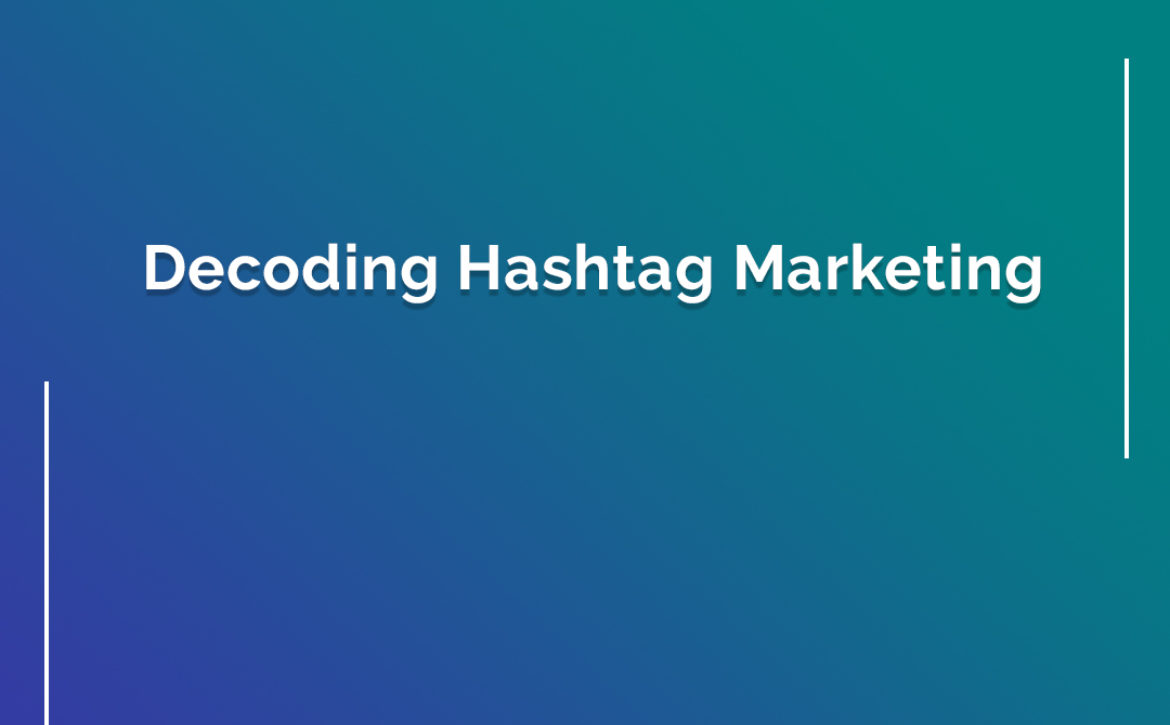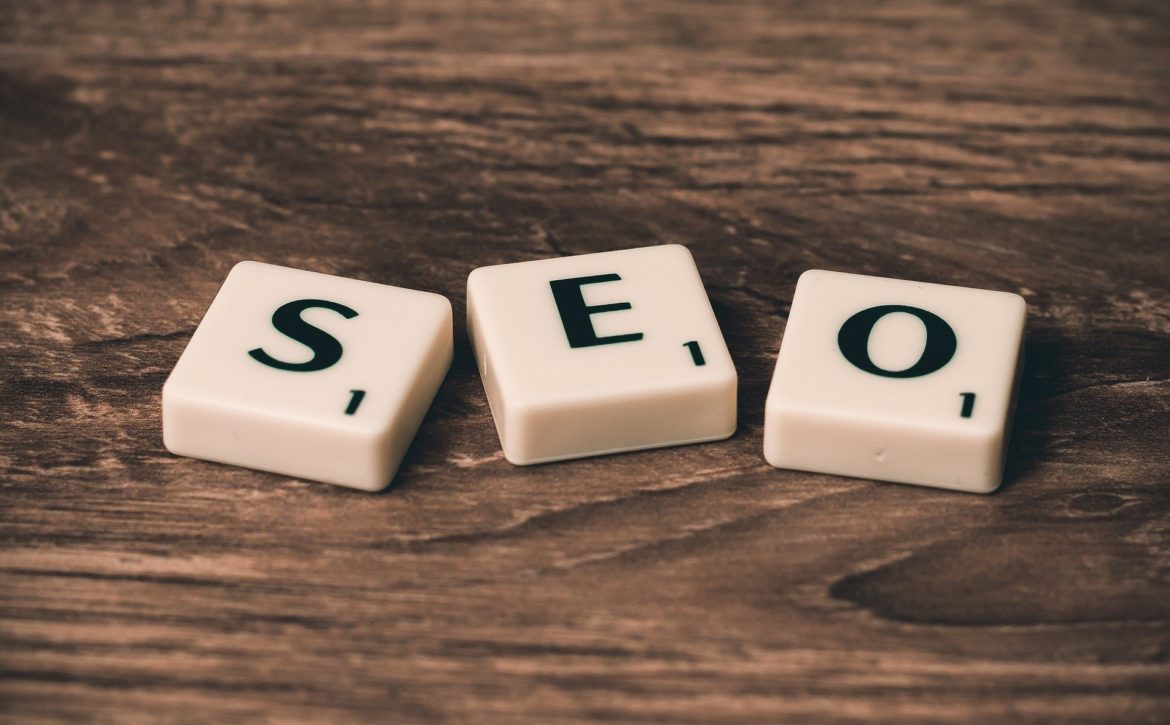Have you ever wondered why among the hundreds of articles, only a few show up on the first page of Google? On what parameters does the Google rank the different web pages?
All this happens because of a practice called “Search Engine Optimisation (SEO)”.
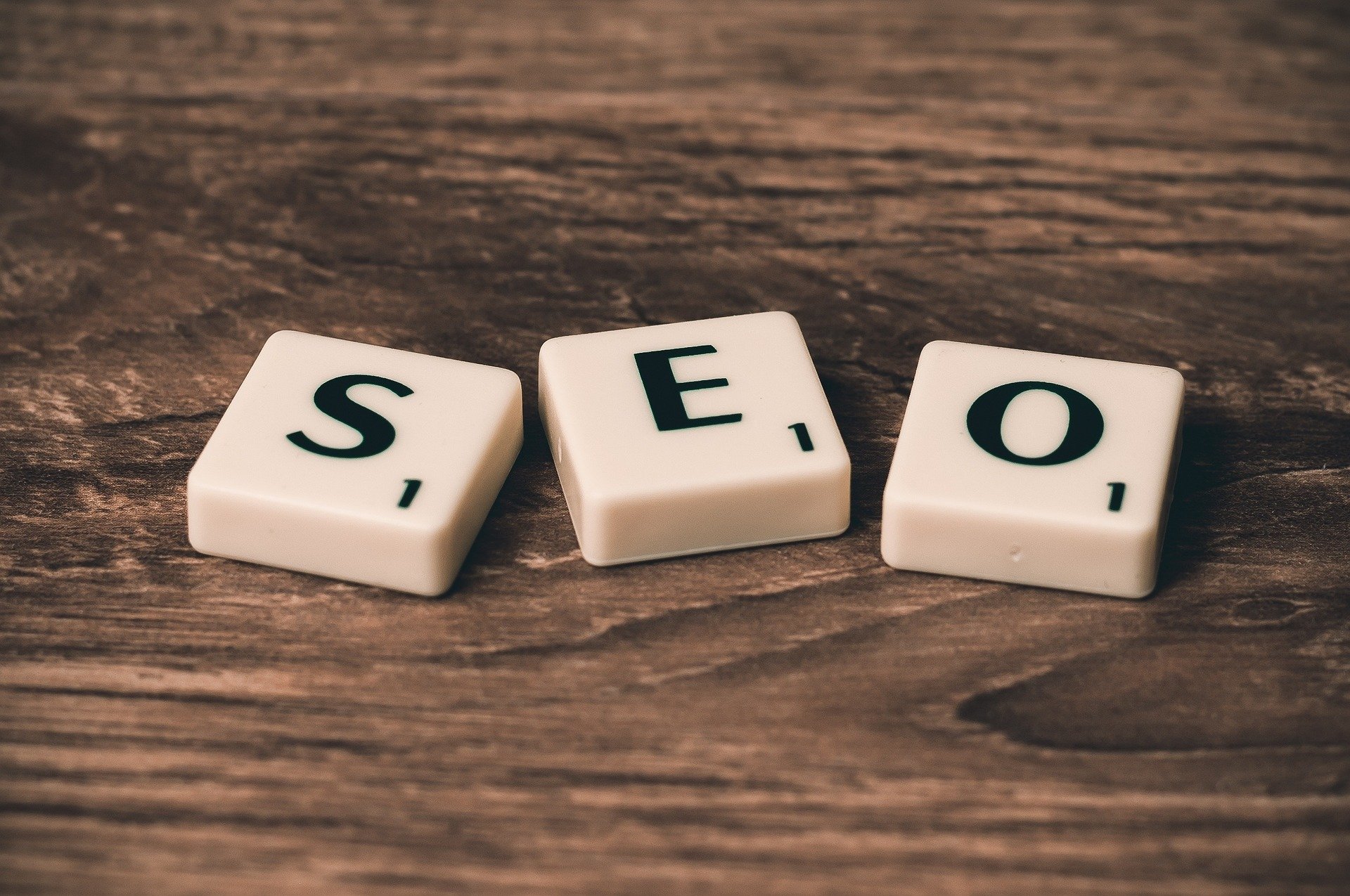
Image by William Iven from Pixabay
What is SEO?
Search Engine Optimisation (SEO) is the practice of optimising your online content which helps the search engine to show it as a top result for searches of a particular keyword. To put it in simple words, SEO is the process of getting website traffic from free & organic search results on earth engines. SEO works by demonstrating to search engines that your website’s content is the best result for the content searched.
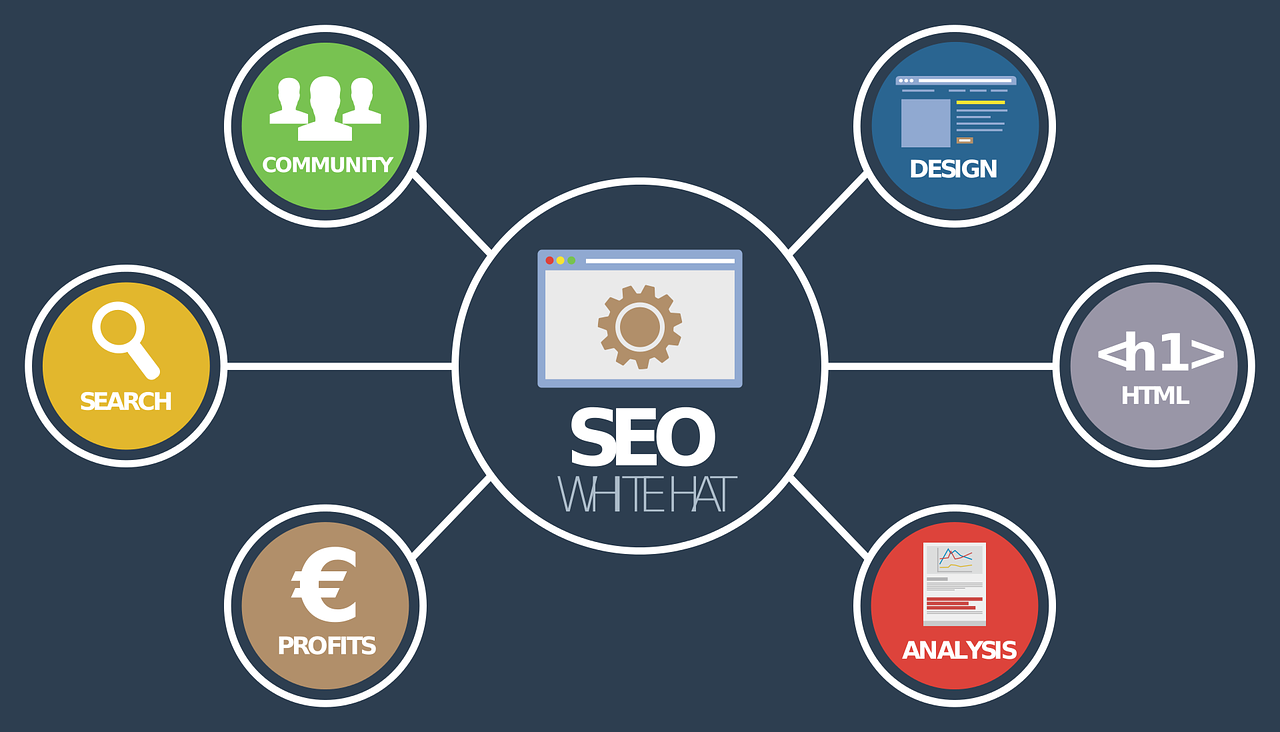
Why is SEO important?
- One of the few marketing avenues which continue to bear results over a long time.
- Enhances credibility
- Increased awareness/discoverability
- Receive more clicks than paid channels(<5% of searches go to paid)
On-page SEO
On-page SEO (also known as on-site SEO) is the practice of optimising the web pages that answers searcher’s question and hence rank higher on search.
In addition to publishing relevant, high-quality content, on-page SEO includes optimising your headlines, HTML tags (title, meta, and header), and images. It also means making sure your website has a high level of expertise, authoritativeness, and trustworthiness.
Off-page SEO
Off-page SEO is link building marketing or acquiring the most relevant backlinks from as many relevant high authority sites to achieve and maintain high rankings on the SRPs.
Off-page SEO simply tells Google what other websites think about your site. For example, if you’ve got a lot of valuable links pointing to your web pages, search engines will assume that you’ve got great content – the type that provides value for users. Thus making your webpage rank higher.
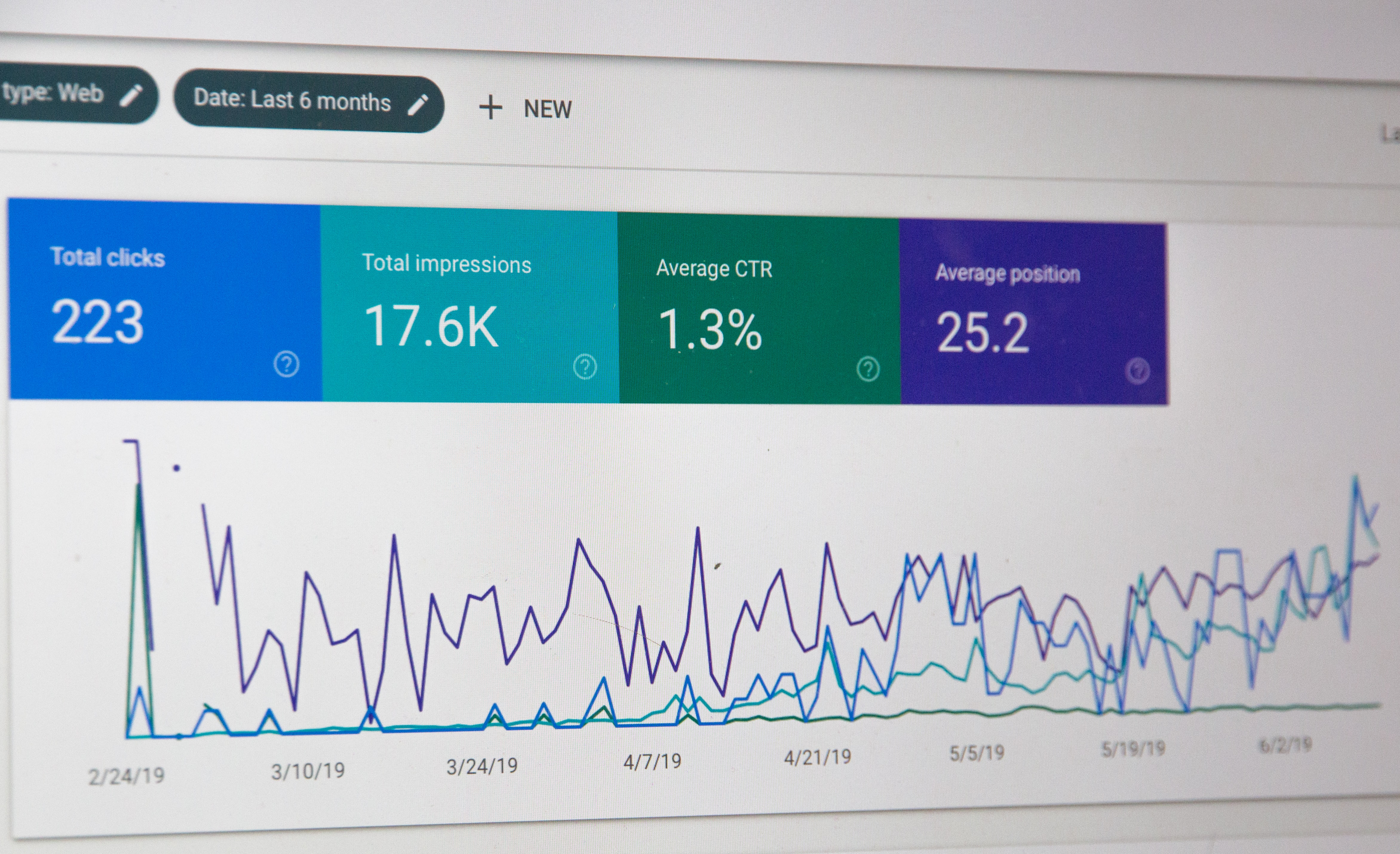
Photo by Webaroo on Unsplash
How to Achieve Perfect SEO?
- Enriched Content: Quality content must be the prime source of your search engine rankings and website traffic. Great content created specifically for your intended user can increases site traffic tremendously, which automatically improves your site’s relevance and authority.
- Target Relevant Keywords: Keywords plays a huge role to improve SEO. Keywords help to capture google to show the most relevant content as per the query of the user. Hence, it is important to identify and target specific keyword phrases for each page on your website. Envision about how a user might search for a specific page.
- Create Quality Backlinks: A backlink is a link created when one website hosts a link to another website. Backlinks are also called “inbound links” or “incoming links.” If quality websites publish your website’s link on their website, it helps Google to understand the credibility and relevance of your website.
- Improve Site Navigation: Google aims to provide the best possible search engine experience for its users. Therefore, the search engine rewards websites that provide a great user experience (UX). Part of offering a great UX experience means that your website is easy to navigate. If site visitors cannot locate what they are searching for, they might leave your site, which will increase the bounce rate. If the user experience on the website is assertive for the users, the bounce rate on the websites goes down too.
- Fix Duplicate Content: Posting duplicate content can negatively impact your search engine optimisation efforts. Google rewards those websites that have unique and enriching site content. Thus it’s vital to publish unique content on your website.
Conclusion
After learning about SEO and how it functions, you can now attempt to make changes to your site to and boost your rankings on the search engine results page.
Always remember, there are a plethora of factors that may impact your SEO score, but the most significant thing to remember is whether your content is valuable and relevant to your intended audience.
About the author
With extensive experience in the commercial utilisation of multiple social media channels including Facebook, Instagram and YouTube, Jayant builds successful social strategies that increase brand awareness, promote customers engagement and ultimately drive web traffic and conversions. With an undergraduate degree in business administration and strong business acumen, he brings a customer-focused approach to online and social marketing.

